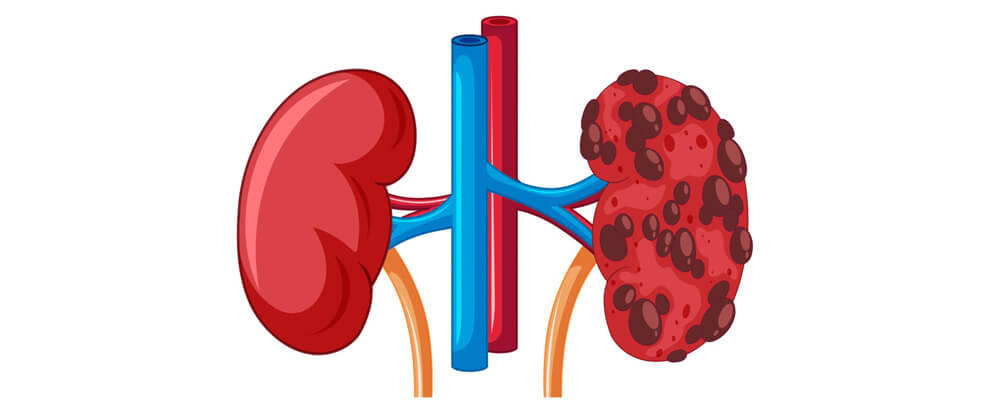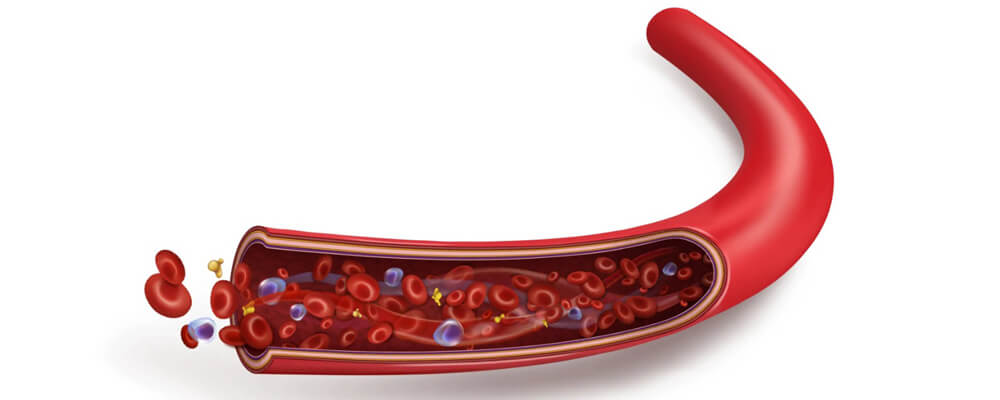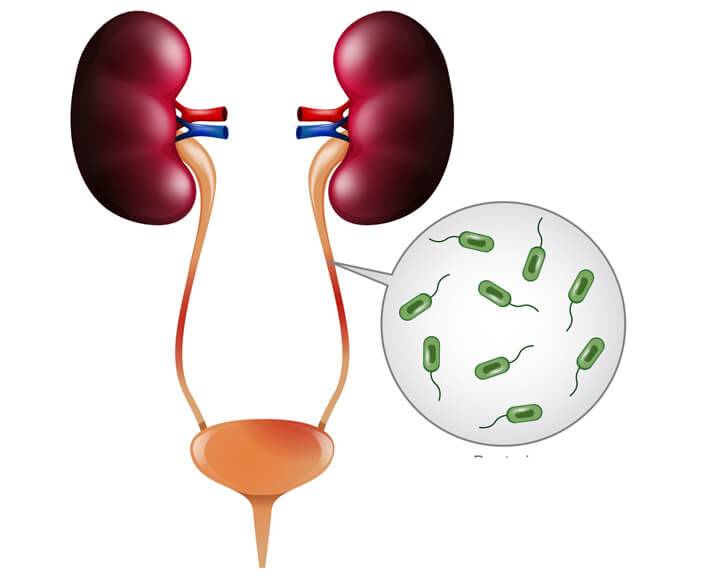What does the presence of blood in the urine imply?
Hematuria is the medical word for the condition in which you have blood in your urine. There are several reasons for hematuria or blood in the urine. It might include everything from unusual blood abnormalities to cancer or renal problems. But don't worry; sometimes the blood is visible, and sometimes it's there in such little quantities that it can't be seen with the human eye.
Hematuria is classified into two types:
- GROSS HEMATURIA: When your urine is pinkish, crimson, or has blood stains.
- MICROSCOPIC HEMATURIA: When there is no visible blood and only lab testing can prove its presence.
Yet, regardless of the cause or quantity, any evidence of blood in urine indicates a major health risk, which is why ignoring hematuria is never a wise decision. This might just be a sign of a severe condition such as stones in the kidney/ureter, kidney/prostate cancer, or renal failure, thus it must be addressed as soon as possible.
What causes blood to appear in the urine?

While there are several causes, the blood may come from a different source in some situations. Thus, first, determine the origin of the blood, because it may appear from a source different than the urinary tract when you urinate in the following cases:
- In women, vaginal bleeding can be mistaken as blood in the urine.
- Blood during ejaculation in males and blood from bowel movement in either males or women.
INFECTION: This is the most prevalent reason for blood in urine since infection in the urinary system, bladder, or kidneys can cause it. Urine infection acquired from outside can traverse up the urethra (the tube through which we urinate) to the bladder or even to the kidneys, causing frequent urination and discomfort while urinating.
Stones in your bladder or kidneys are the second most common reason. As these stones become big, they can cause a blockage and cause blood in the urine as well as discomfort.
ENLARGED PROSTATE: Men, particularly those in their forties and fifties, may notice blood in their urine as a result of an enlarged prostate gland. An enlarged prostate compresses your urethra, preventing your bladder from effectively emptying itself. This results in UTIs accompanied by hematuria.
KIDNEY DISEASE: Hematuria can also be caused by an inflamed kidney. Diabetes, however, might also be the source of inflammation.
CANCER: The development of cancer in the urinary tract may result in blood in the urine. This might be a sign that, if caught early, can be treated effectively. Blood in the urine can be caused by physical trauma to the prostate or kidney region, in addition to illnesses.
How is blood in the urine detected?

It is best to see a urologist if you have blood in your urine. They will evaluate the amount of blood found during urine, the frequency with which you urinate, the discomfort you experience, and any drugs you are already taking for any other existing comorbidities.
Following that, you will be examined physically and a urine sample will be obtained for testing and urine culture. The results of the study will confirm the presence of blood and identify the source of the infection. In addition, if any symptoms indicate malignancy, the doctor will recommend blood work. If the test indicates cancer, an imaging test, such as a CT scan or MRI scan, will be performed to identify the tumor.
Besides this, your doctor might suggest a cystoscopy, where a small tube is sent up the urethra with a camera to examine the insides of your bladder to isolate the cause of the blood in your urine.
What are the treatment options for blood in the urine?
There is no one treatment for blood in the urine. Athletes who engage in strenuous aerobic training may occasionally have little blood in their urine. As a result, treating the underlying ailment that created the problem is the best way to resolve it.
If the underlying condition is not addressed, the body may develop issues related to hematuria. Ignoring a cancer symptom will result in the creation of new tumors, while ignoring a UTI sign may result in renal failure. In essence, it will reach a point of no return. As a result, a quick diagnosis is the best course of action.
How can hematuria be avoided?
To avoid blood in urine, the underlying reasons must be addressed. As a result, each scenario must be handled appropriately.
- Be hydrated by consuming an adequate amount of fluids -- recommended 8 - 10 glasses of fluids per day for a healthy adult
- Maintain adequate urine hygiene to avoid UTIs.
- To avoid STIs, always wash your privates after intercourse.
- To prevent the development of stones, avoid excessive salt consumption, excessive protein intake as well as staying hydrated.
- To reduce your risk of cancer, eliminate smoking, especially passive smoking.
- If you are a sprinter and see blood in your urine after a workout, get medical help once.
Runners are the most commonly afflicted, although anybody might have apparent urine blood after an intensive activity. If you notice blood in your urine after exercising, don't assume it's from an injury.
To summarise, seeing blood in the pee is never a good sign. Hence, if you ever find yourself in this situation, contact our urologist right away to receive immediate treatment before things deteriorate. Make an appointment with a urologist, Dr. Shyam Varma, today.
Can kidney cysts produce blood in the urine?

A polycystic kidney is a congenital condition in which numerous cysts grow in the kidneys. If any of these cysts rupture, blood will be seen in the urine. Polycystic kidneys eventually lead to renal failure or cancer if not appropriately controlled. Hence it is preferable to be identified early and live a healthier life.
Is it a cause for concern if my urine is pink?
Yes. This indicates that you are suffering from hematuria. You should get immediate assistance from an experienced urologist who will determine the cause of the bleeding. If you have painful and frequent urination or pain in the pelvic region with pink pee, this is a definite symptom of urinary tract disorder.
What is the acceptable amount of blood in the urine?
When we pass our first urine of the day or go without urinating for an extended period, our urine turns a reddish-hay color. This is due to the presence of blood in urine, which is not apparent to the naked eye. Under the microscope, the usual range of blood in this condition is 4 RBCs. Anything else is a cause for concern.

Dr Shyam Varma is a Consultant Laparoscopic/ Robotic Urologist & Renal Transplant Surgeon. He has over 15 years of experience in successfully treating complex urological diseases. His expertise includes diagnosing & treating Kidney stones, prostate enlargement, prostate cancer, kidney cancer, bladder cancer & incontinence, male infertility & erectile dysfunction.

